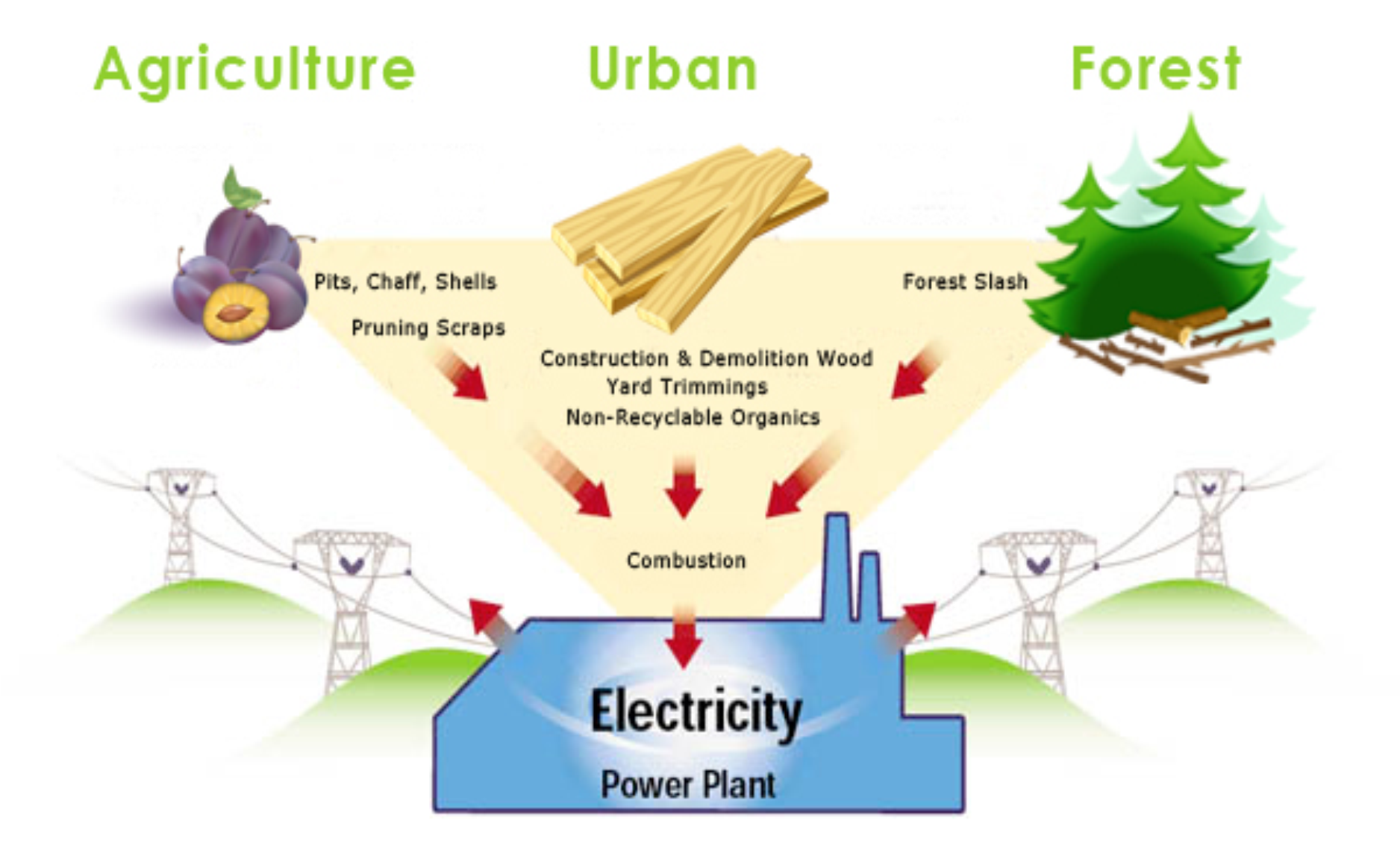Reasons Why Biomass Energy Should Be a Top Choice
As time passes, there is a higher need for energy. This is caused by the advancement of technology, increased demand for basic needs, and possibly limited energy supply in certain areas in the world. Fortunately, we have several options when it comes to renewable sources. One of the most reliable and cleanest alternatives is Biomass Energy.
Before pondering about the advantages of biomass energy, let us first know what it is.
 Biomass in the Philippines energy refers to deriving a particular form of power from organic materials such as trees, crops, dead plants, and animal waste. The chemical energy utilized during photosynthesis in plants is transferred to the animals which are later transferred to waste where we process the energy from. According to a research report by Market Study Report, LLC, there are two main product types after the chemical conversion of biomass which are bioethanol and biodiesel. In the same study, its primary applications include power generation, commercial heating, and industrial use. Aside from these, here are more reasons why most industries consider having biomass energy:
Biomass in the Philippines energy refers to deriving a particular form of power from organic materials such as trees, crops, dead plants, and animal waste. The chemical energy utilized during photosynthesis in plants is transferred to the animals which are later transferred to waste where we process the energy from. According to a research report by Market Study Report, LLC, there are two main product types after the chemical conversion of biomass which are bioethanol and biodiesel. In the same study, its primary applications include power generation, commercial heating, and industrial use. Aside from these, here are more reasons why most industries consider having biomass energy:
It is renewable. The process mentioned that started with photosynthesis happens all over again. This is what makes Biomass Energy Renewable.
It minimizes carbon emission. Unlike fossil fuels and other commercial energy sources, biomass energy release less or zero carbon to the air. What is being discharged to the environment is already part of nature.
Raw materials are available everywhere. From the fallen leaves up to animal waste, all these organic matters can be used to create Biomass Energy. As long as nature still provides plants and animals, we would always have the material needed to form this type of power.
It reduces waste. Instead of throwing dead plants and contributing to more trash, these materials are used for biomass energy. Our population is resulting in a massive amount of waste. Still, this process can lessen the garbage in landfills by utilizing biodegradable, recyclable, and even toxic wastes.
The chemical conversion of Biomass Power Plant in the Philippines also has some setbacks. However, these are issues that can easily have a quick fix with further research and advanced technology.
The process is expensive. From the gathering and transport of raw materials up to the processing of biomass energy, the entire procedure is costly. In some cases, the price of biomass energy is not worth its advantages.
It is not efficient enough. For biodiesel such as ethanol, it is not as efficient as gasoline. Other types of biomass fuels may not be as powerful as those from fossil fuels or commercial ones.
It provokes deforestation. Since you can readily create biomass energy from raw material, the demand for it might cause intentional cutting of trees.
The bottom line
There are two sides to the coin in every situation. If it is a priority need in the area, it may be advisable to focus more on the advantages that biomass energy provides.

